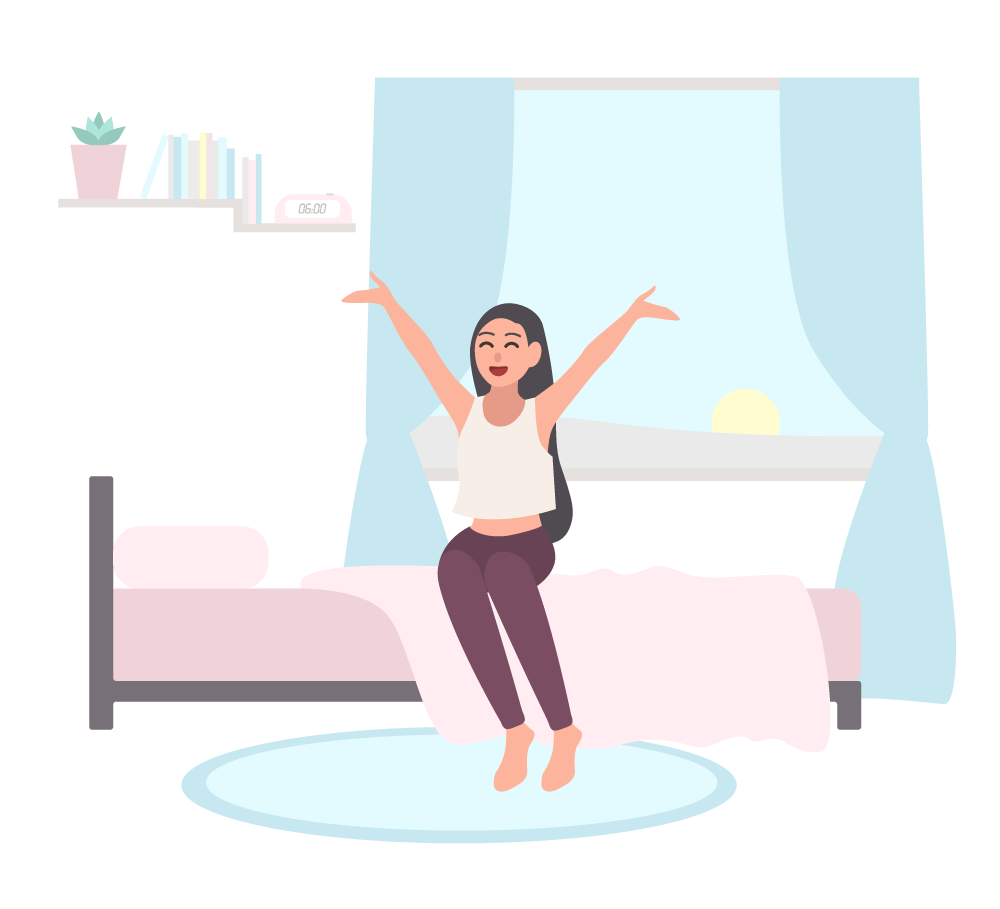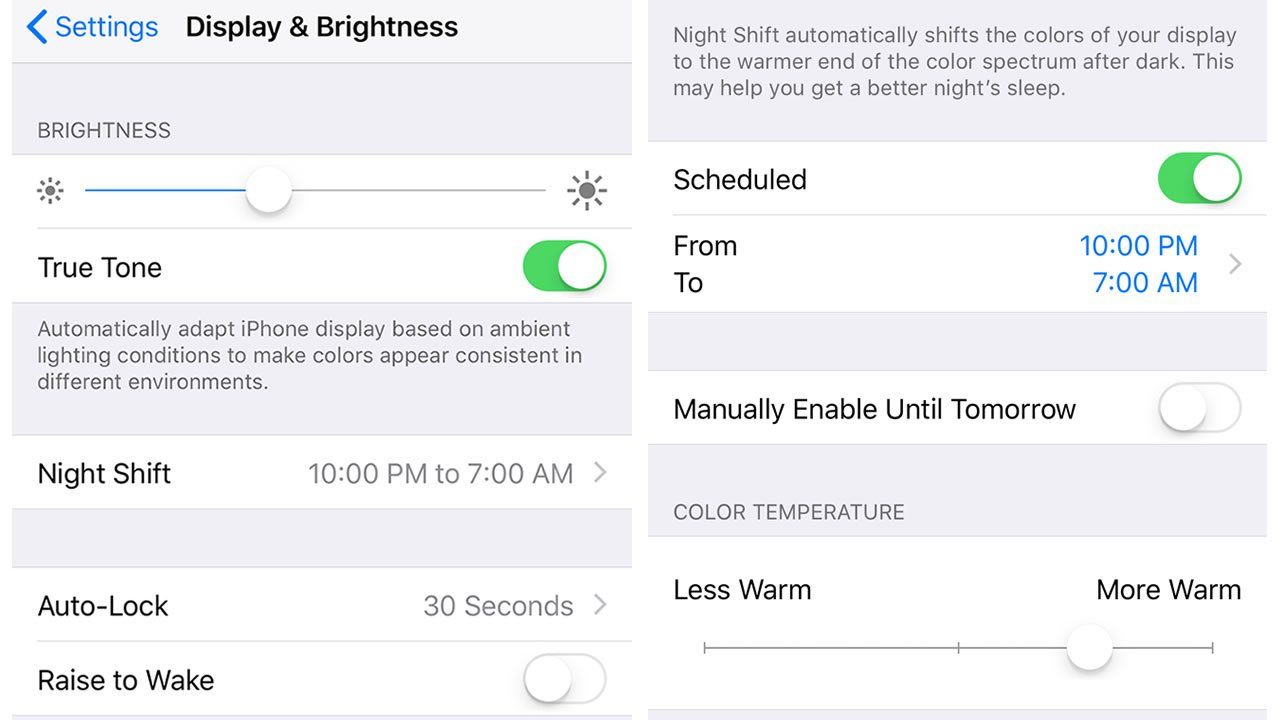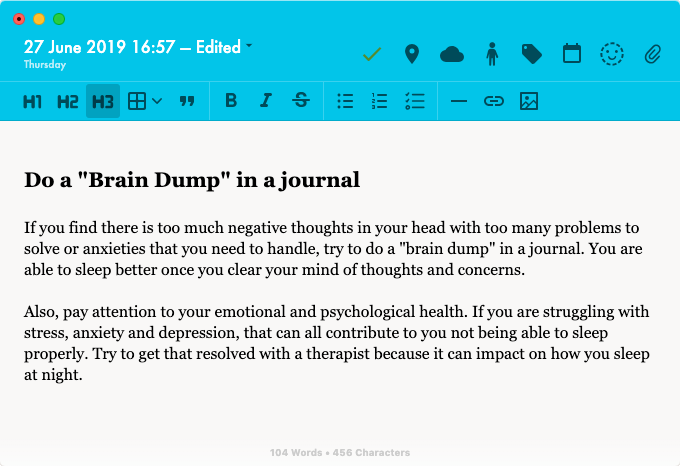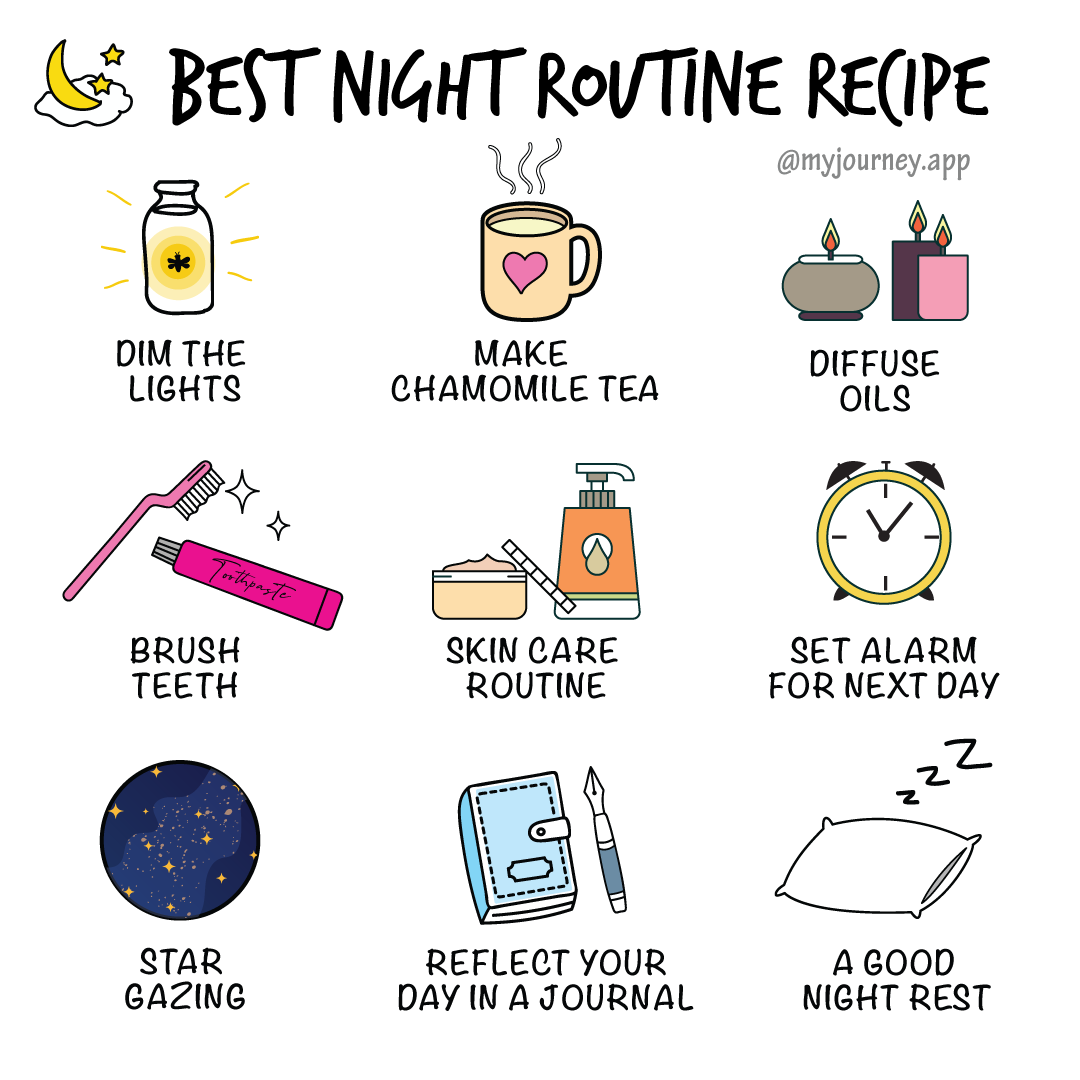Stop Counting Sleep: 6 Habits to reclaim your sleep in a fast pace life

Today's article is about how to get better sleep. I personally have struggled with my sleeping habits for quite a long time for a variety of different reasons mainly due to my fast-paced life. If you are struggling with their sleeping habits, I hope you find these tips helpful.
1. Look at your daily activities
My first tip is to look at what you are doing throughout the day. Think about what activities you are engaging in a day. Do you sit on your couch watching TV, movies or Netflix? Are you someone who tends to sit at a computer when you work or study? If you do, that could be a factor that contribute to you not being tired enough.
It is important that you are getting a decent amount of exercise throughout the day. It could be as simple as just taking your dog for a walk a few times a day. When you go to bed at night, it helps to tire you out a little bit so that you're really tired by the time you go to bed at night.
2. Where you mostly spend your time at home

Photo by Alexandra Gorn on Unsplash
Another thing is where you are spending most of your day. If you are someone who spends a lot of your day on bed, you can be confusing your brain into thinking that the bed is not where you go to sleep.
Because if you spend more time on your bed awake doing work, then your mind is not going to think that that's where you go to sleep. So when you actually do need to sleep, your mind is going to be kind of confused.
If you are really struggling to sleep, I would suggest you not to keep a TV in your bedroom. For this exact reason, also try not to do any of your work or homework on your bed. If you do have work to do, try and do it at a desk or even on the couch in the living room.
3. Healthy diet
Another huge thing is to take a look at your diet. What are you eating every single day?
If you're eating a bunch of junk food, it's probably going to take your body a lot more energy to digest that food and it's not going to give you energy in return.
So just like your doctor tells you, eat a lot of leafy greens food and protein.
It can give you plenty of energy throughout the day and when you go to bed at night, your body is properly nourished and ready to go to sleep.
4. Do relaxing activities

Before you go to bed at night try engaging with some relaxing activities.
For some people that could be doing 15 minutes of yoga, write a journal, read a book, or taking a hot relaxing bubble bath. Just do something that is relaxing and not feel mentally stimulating.
Along with this try and drink a cup of hot tea before bed, preferably chamomile or lavender. It's going to make you feel sleepy from the inside.
5. Disengage yourself from electronics
It's very easy to spend those minutes before you go to sleep at night scrolling through your phone on social media.
The bright light signals to your brain that it's still daytime. Therefore, it can explain why you not able fall asleep easily. If you're using an iPhone, you turn off blue light using Night Shift.

When mentally stimulated by electronics, it can also keep you up at night. Hence, try not to watch TV, play video games on your phone before you go to sleep.
Give yourself at least one hour of electronic free time before going to bed.
6. Do your evening "Brain Dump" in a journal

If you find there is too much negative thoughts in your head with too many problems to solve or anxieties that you need to handle, try to do a "brain dump" in a journal. You are able to sleep better once you clear your mind of thoughts and concerns.
Also, pay attention to your emotional and psychological health. If you are struggling with stress, anxiety and depression, that can all contribute to you not being able to sleep properly. Try to get that resolved with a therapist because it can impact on how you sleep at night.
Clear your mind of thoughts and concerns in Journey now.
MEDICAL DISCLAIMER: Always seek the guidance of your doctor or other qualified health professional with any questions you may have regarding your health or a medical condition.



